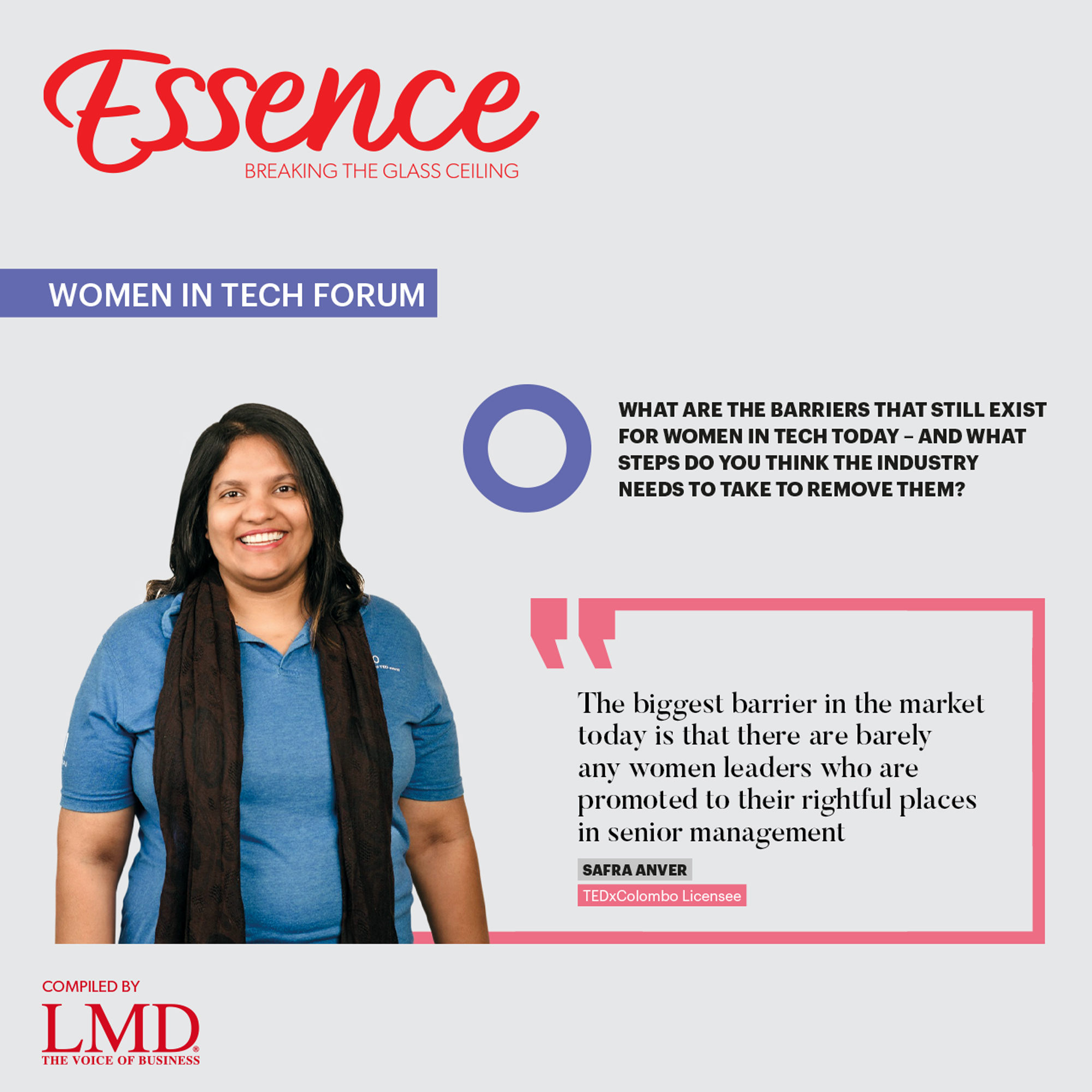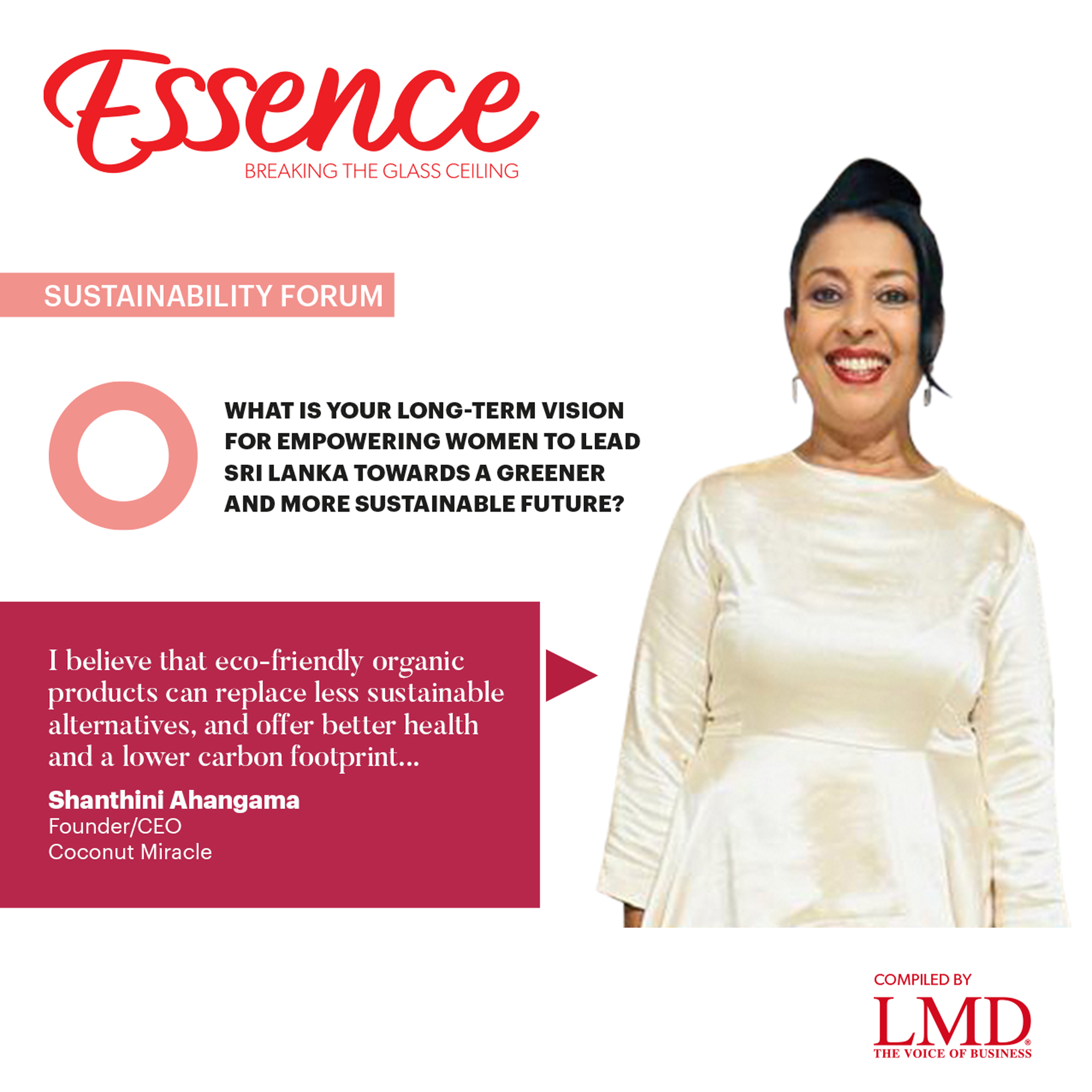NEWS PUBLISHER
 Q: How can everyone welcome women in the workplace?
Q: How can everyone welcome women in the workplace?
A: Each individual is not only responsible for embracing diversity but also has the opportunity to make a difference. Women have come a long way but there’s much more to do.
Although gender equality is enshrined in policies and procedures, we fail to treat women as equals in practice. This is why, as a growing society, it’s crucial to ensure equality.
With all the global research proving that diversity in the office delivers benefits, some leaders remain close-minded to change, and viewing men and women as equals. Instead, they discriminate based on gender, race or religion.
Certain MNCs I’ve worked for extend greater incentives for female employee referrals than males – such as maternity leave of five months and paternity leave, and no overtime policy – to create equal opportunities for all and in the long run, contribute to the triple bottom line.
In my career in media, we can celebrate women. The media plays a major role in promoting women empowerment as it influences larger audiences. We’re lucky to have experienced women leaders in Sri Lanka’s media who paved the way for us to come so far!
Q: As for being assertive, how do you draw the line when managing teams?
A: On many occasions, when women are assertive, we’re called ‘bossy’ or even ‘tomboys.’ Female leaders must change this perception and accept that they are strong women. Strength doesn’t necessarily refer to one’s assertiveness but the ability to face challenges and overcome them in a mutually beneficial manner for all stakeholders.
People learn from each other every day. Marketing has changed drastically over the last two decades with the internet’s pervasiveness – if we don’t value young employees’ opinions, it is our loss.
As a boss, you listen to the team’s suggestions, and acknowledge the strong points and assume a role in solving potential challenges. At the end of the day, it’s about respect while working as a team. I’ve come across numerous companies that fail to treat staff well but invest millions on brand building. Positive word-of-mouth will help build stronger brands in the long run.
Q: Do you see global trends changing for the better?
A: Unlike in the past, education is accessible by both men and women in most countries.
As workplace policies change in favour of females in male dominated industries, some of them prefer women. Online jobs enable women to be primary caregivers at home and build careers simultaneously. High paying career paths are also opening up alongside the narrowing gender pay gap.
Q: What is your vision for women in Sri Lanka?
A: My vision for Sri Lankan women is to take a seat at the table – to believe that we can achieve anything if we work towards it because each time a woman stands up for herself, she does so for all women.
I would also like to see successful women invite other females to the table. Rivalry among females defeats the cause of women empowerment – I believe real queens fix one another’s crowns to empower their own.





